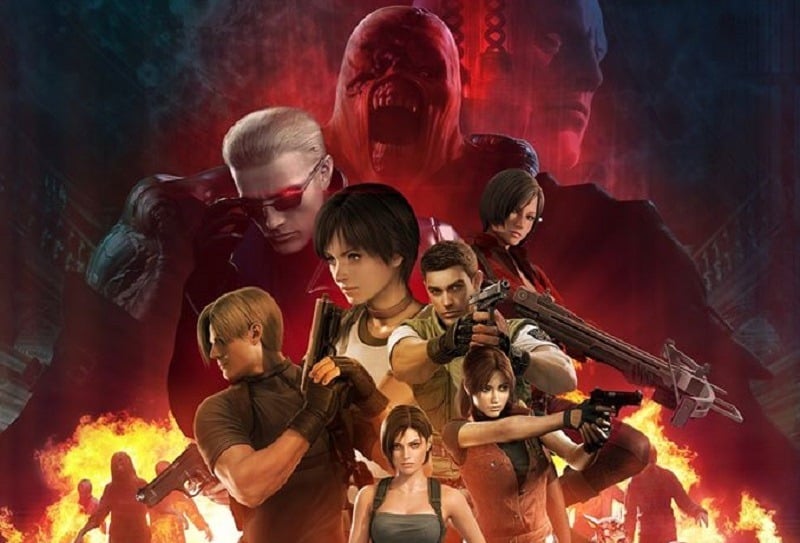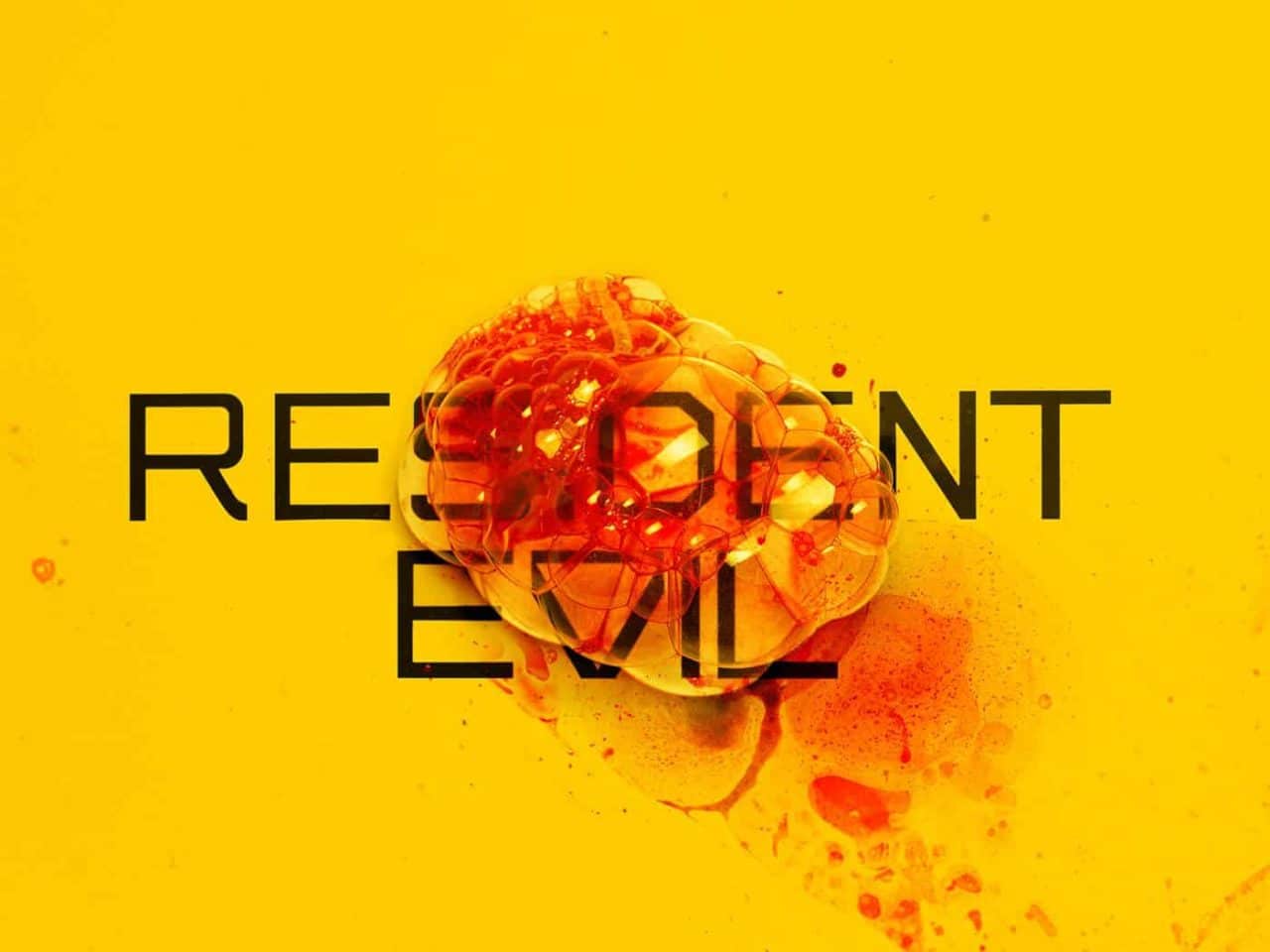Netflix’s recent TV adaptation of a popular video game, Resident Evil, was met with pretty poor reception from fans, with tonnes of articles, videos and conversations noting how “terrible” the show is. I won’t go into specifics but the gist of it is that the show has nothing in common with the video game and that it does nothing to reflect the Resident Evil universe that we see in the games. Is this a wrong assessment? Well, yes and no.
Let’s get the nitty-gritty out of the way – yes, the Resident Evil Netflix show does not represent what we have seen in the games over the years, and it doesn’t seem to have much in common with the games other than a few key factors. Though, this is the exact reason why it’s actually a wrong assessment to call the show “terrible”.
NOW READ Resident Evil Chronology – How to Play and Watch The Franchise in Order
There are a few key things I am going to talk about here, mainly that “not liking” a show is not the same as the show being “bad” or “terrible”. Other things that are important to talk about are the time differences in which these stories are written, the idea of artistic vision and liberty, and how these shows – and by extension movies – are great for non-gamers and those who aren’t familiar with the original lore. Now, I will also be using the Resident Evil Netflix show as the main focal point but these ideas extend to many different video game adaptations onto the screen.
As gamers and Resident Evil fans, we all know the lore of the Resident Evil franchise. While it has been notoriously topsy-turvy at points, the lore is established and Resident Evil: Village gave us a pretty clear look at where the franchise is going. If you have ever played any of the games, you know that the stories and characters of late have been obscure, grotesque and somewhat confusing – the perfect blend of Resident Evil storytelling.

When it comes to the story element of a video game adaptation, it’s important to understand that video games and shows are incredibly different platforms, with video games being interactive, whereas TV is passive. Stories need to be written and adapted for each of these mediums individually as they don’t translate across the board which means that we end up getting different experiences between the two. This is great, though, because no one wants to be told the same story twice on different platforms so while it can be frustrating as a fan to see some changes get made, it is usually so that we still get excited, scared and surprised when we watch the TV adaptation.
Part of the excitement of a video game is the interactive element of it, as we get to control (for the most part) what happens on screen. When the character we are controlling gets into even the smallest predicament, it is far more intense because we actively need to think about how we are going to get out of the situation. Even something like a cutscene, the consequences of whatever has happened are ours to face which makes small actions far more intense. However, TV is passive – we are simply watching and absorbing whatever is happening, so it takes a little more pushing to get the same reaction as it would from a video game. Typically, this means more dramatic shocks and bigger action pieces that sometimes seem like an overzealous step but it needs to be because TV is, by nature, less intense than a video game.

Story writing also needs to be quite different between the mediums, not just for the reasons that I mentioned above, but also thanks to how video games and TV shows need varying build-ups and climaxes. In a game, a set piece could take an hour to build with it still being interesting, again, thanks to its interactive nature of it, whereas a TV show needs to be “more to the point” because its passivity means that the person behind the screen might get “bored” easier, making the experience frustrating. Below is an example:
Imagine you have a Resident Evil door puzzle – the one from Resident Evil 7 that requires you to find three dog heads to open the door, to be precise. The sequence in the video game takes you all around the stage with different battles to overcome in order to acquire the heads to advance the story. In a game, this works beautifully because you have to actively figure out where the heads are, explore the environment and overcome challenges to achieve your goal.
This doesn’t translate to a TV show, where even if you managed to squash that hour-long activity in a game down to 20 minutes, the experience might leave the person watching confused, thinking “why on earth did they film that and not just get on with the story?”. The reason why they might feel that way is that you have stalled the story to introduce a perfectly great interactive mechanic into a passive medium. A TV show still needs to move along at a faster pace than a video game because it’s passive and needs to constantly keep the audience engaged without having the ability of user interaction.

Keeping with stories, I circle back to what I said earlier about how we don’t want to be told the same story multiple times across different platforms. If you play a video game and then watch a 1:1 replica of the show, without any context of the video game you wouldn’t necessarily understand many of the references that get used. By doing this, you also risk alienating any audience who has never played the game before and so while it might be great for long-standing fans, there is a risk of losing interest from those who aren’t.
This leads me to, I think, the most important point in all of this – TV show adaptations of video games are great for those who may have no idea what the video games are about, either from not playing them or from simply not being a gamer. There are those who don’t enjoy playing video games but are still interested in geek/gaming culture and so these shows are fantastic for those who haven’t so much as dipped their toes into the world of gaming.

To gatekeep these shows or movies simply because the audience they are made for aren’t gamers or even those who simply haven’t played the video game is awful. While there is still an argument to be made that a show can still cater to long-standing fans and non-fans alike, it does not inherently make it a “terrible” show simply because you as an individual, did not enjoy it.
What I can 100% get behind is when a show is poor because of its merits, such as poor plot points, terrible writing or an awful production. These are things that can turn any source material, whether loyal or not, bad, leaving a sour taste in everyone’s mouth. To say that a show is “terrible” based on these merits is agreeable because it comes from a more objective viewpoint and is not based on “not liking” something, therefore equating it to mean “I don’t like this so it is objectively bad because I said so”.
Is the Resident Evil Netflix show flawless? No – there are still some dodgy dialogue choices and cheesy script moments but is it worth debasing simply because it deviates from its source material? Absolutely not. It is still a pretty enjoyable show for those who enjoy gory action series. I would still recommend giving it a watch despite all the smack-talk from the toxic “purist” fanboys – who knows, you might end up enjoying it.

